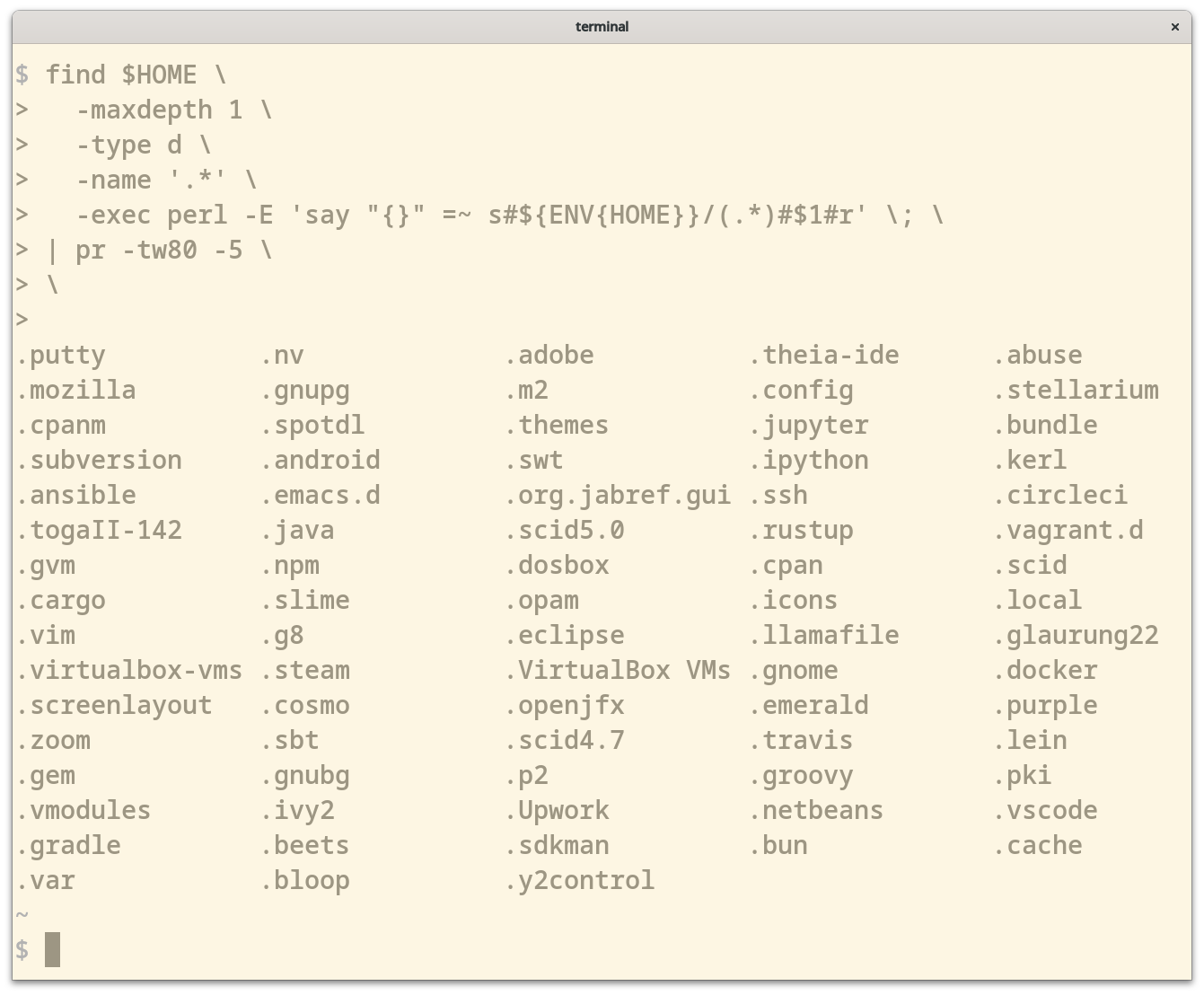bahmanm
Husband, father, kabab lover, history buff, chess fan and software engineer. Believes creating software must resemble art: intuitive creation and joyful discovery.
Views are my own.
- 8 Posts
- 37 Comments
 1·1 year ago
1·1 year agoUpdate 1
Thanks all for your feedback 🙏 I think everybody made a valid point that the OOTB configuration of 33 requests/min was quite useless and we can do better than that.
I reconfigured timeouts and probes and tuned it down to 4 HTTP GET requests/minute out of the box - see the configuration for details.
🌐 A pre-release version is available at lemmy-meter.info.
For the moment, it only probes the test instances
I’d very much appreciate your further thoughts and feedback.
 2·1 year ago
2·1 year agoAgreed. It was a mix of too ambitious standards for up-to-date data and poor configuration on my side.
 11·1 year ago
11·1 year agosane defaults and a timeout period
I agree. This makes more sense.
Your name will be associated with abuse forevermore.
I was going to ignore your reply as a 🧌 given it’s an opt-in service for HTTP monitoring. But then you had a good point on the next line!
Let’s use such important labels where they actually make sense 🙂
 41·1 year ago
41·1 year agobeyond acceptable use
Since literally every aspect of lemmy-meter is configurable per instance, I’m not worried about that 😎 The admins can tell me what’s the frequency/number they’re comfortable w/ and I can reconfigure the solution.
You can hit the endpoint /api/v3/site for information about an instance including the admins list.
Exactly what I was looking for. Thanks very much 🙏
 4·1 year ago
4·1 year agoThanks for the link. Had no idea about that.
I’m nitpicking but can you properly quote your code?

 2·1 year ago
2·1 year agoThanks all for the input 🙏
I did a quick experiment w/ the APIs and I think I have identified the ones I’d need. Obviously, all is open source (GPLv3) available on github: lemmy-clerk
As the next step, I’m going to expose that data to Prometheus for scraping.
 2·1 year ago
2·1 year agoI still haven’t made up my mind as to what is a good interval. But I think I’ll take a per-endpoint approach, hitting more expensive ones less frequently.
So far I can only think of 4-5 endpoints/URLs that I should hit in every iteration as outlined in the post above.
web/mobile home feed
web/mobile create post/comment
web/mobile searchI think those will cover most of the usecases.
 3·1 year ago
3·1 year agoThanks. Yes, lemmy-status.org was where I got the initial idea 💯
automatic list
For the website I’m thinking about, I’d rather keep it exclusively opt-in. I don’t wish to add any extra load since most of the instances are running off of enthusiasts’ pockets.

 2·1 year ago
2·1 year agoThat’s a fair point 👍 I just wanted to point out that I’m not the author.
As I said, I very much like the idea. It helps raise awareness around the current trend of switching licenses to curb competition/make $$$.

 2·1 year ago
2·1 year agoa list or database of projects that were open but then closed down
That’s a great idea! Esp if the list is actively maintained & updated.
Since I am NOT the author of this extension, do you think you could write down your thoughts on the project’s issue tracker?

 3·1 year ago
3·1 year agoCreated an issue on the repo: https://github.com/galdor/github-license-observer/issues/5

 2·1 year ago
2·1 year agoIt is: https://opensource.org/license/mit/
It’s most probably a bug in the addon. Best to report it on the repo’s issue tracker: https://github.com/galdor/github-license-observer/issues

 1·1 year ago
1·1 year agoOops! My mistake 🤦 Updated the post.
😆Can someone make a similar one for bluetooth devices too, pretty please?
NOTE: Today is NOT Mozilla’s birthday!
Fun read nevertheless 🙂

 33·1 year ago
33·1 year agoIf the controversies, allegations, rumors and gossips are about firefox though it definitely is important.
…
the huge chunks of money firefox gets from their biggest competitorI think we’re confusing things here 🙂
Examples of topics relevant to Firefox
- [Hypothetical] Firefox collects user data w/o consent.
- [Hypothetical] Researchers found government backdoors X, Y and Z in Firefox code base.
- [Hypothetical] Firefox to disable Javascript by default.
Examples of topics NOT relevant to Firefox
- Mozilla’s contract w/ Google
- Mozilla’s political campaign
- Mozilla’s CEO allegedly being a selfish a-hole
Finally let’s not forget that Firefox is an open source project, the result of the collaboration of hundreds, if not thousands, of people over the past 2 decades. Despite Mozilla’s important role, there’s way more to Firefox and its potential future than the usual corporate gossip/controversies.
My humble 2 cents 🙂

 774·1 year ago
774·1 year agoI’d rather keep this community about Firefox the product and what it (doesn’t) brings to the table. That’s what I am, personally, interested in.
It’d be great if we could keep all the other things such as controversies, allegations, rumours, gossips, … contained in a “mozilla” community and tried our best to maintain the separation.

 1·1 year ago
1·1 year agoThe GNU GPL is not Mr. Nice Guy. It says no to some of the things that people sometimes want to do. There are users who say that this is a bad thing—that the GPL “excludes” some proprietary software developers who “need to be brought into the free software community.”
But we are not excluding them from our community; they are choosing not to enter. Their decision to make software proprietary is a decision to stay out of our community. Being in our community means joining in cooperation with us; we cannot “bring them into our community” if they don’t want to join.





RE Go: Others have already mentioned the right way, thought I’d personally prefer
~/opt/goover what was suggested.RE Perl: To instruct Perl to install to another directory, for example to
~/opt/perl5, put the following lines somewhere in your bash init files.export PERL5LIB="$HOME/opt/perl5/lib/perl5${PERL5LIB:+:${PERL5LIB}}" export PERL_LOCAL_LIB_ROOT="$HOME/opt/perl5${PERL_LOCAL_LIB_ROOT:+:${PERL_LOCAL_LIB_ROOT}}" export PERL_MB_OPT="--install_base \"$HOME/opt/perl5\"" export PERL_MM_OPT="INSTALL_BASE=$HOME/opt/perl5" export PATH="$HOME/opt/perl5/bin${PATH:+:${PATH}}"Though you need to re-install the Perl packages you had previously installed.